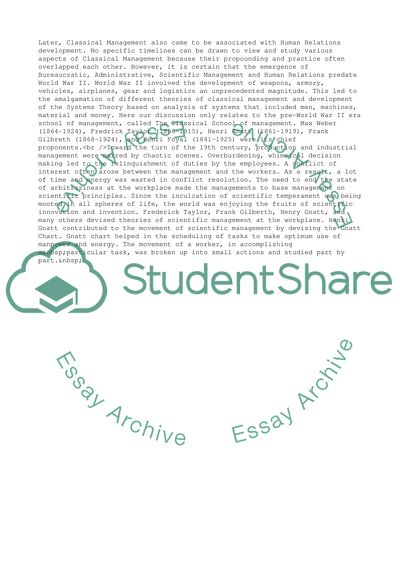Cite this document
(Classical Approaches to Management Essay Example | Topics and Well Written Essays - 1500 words, n.d.)
Classical Approaches to Management Essay Example | Topics and Well Written Essays - 1500 words. https://studentshare.org/management/1710752-the-classic-approaches-to-management
Classical Approaches to Management Essay Example | Topics and Well Written Essays - 1500 words. https://studentshare.org/management/1710752-the-classic-approaches-to-management
(Classical Approaches to Management Essay Example | Topics and Well Written Essays - 1500 Words)
Classical Approaches to Management Essay Example | Topics and Well Written Essays - 1500 Words. https://studentshare.org/management/1710752-the-classic-approaches-to-management.
Classical Approaches to Management Essay Example | Topics and Well Written Essays - 1500 Words. https://studentshare.org/management/1710752-the-classic-approaches-to-management.
“Classical Approaches to Management Essay Example | Topics and Well Written Essays - 1500 Words”. https://studentshare.org/management/1710752-the-classic-approaches-to-management.


